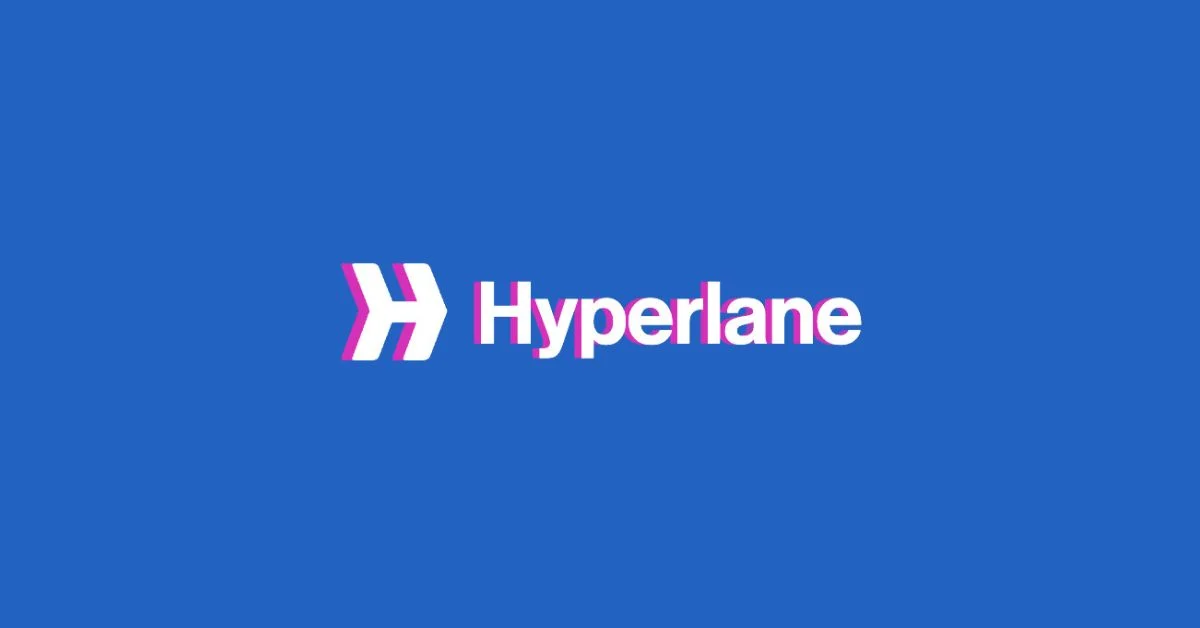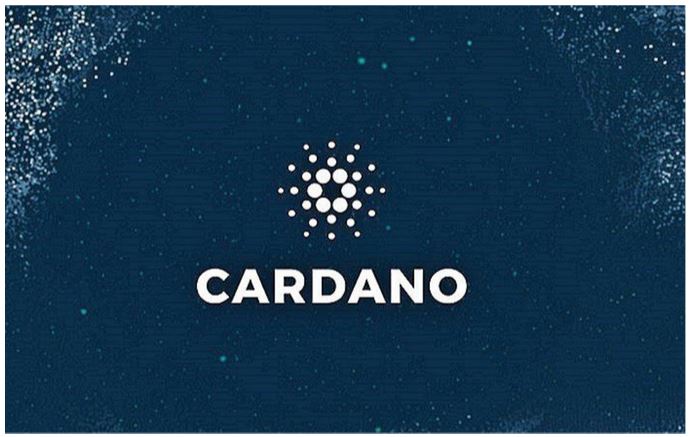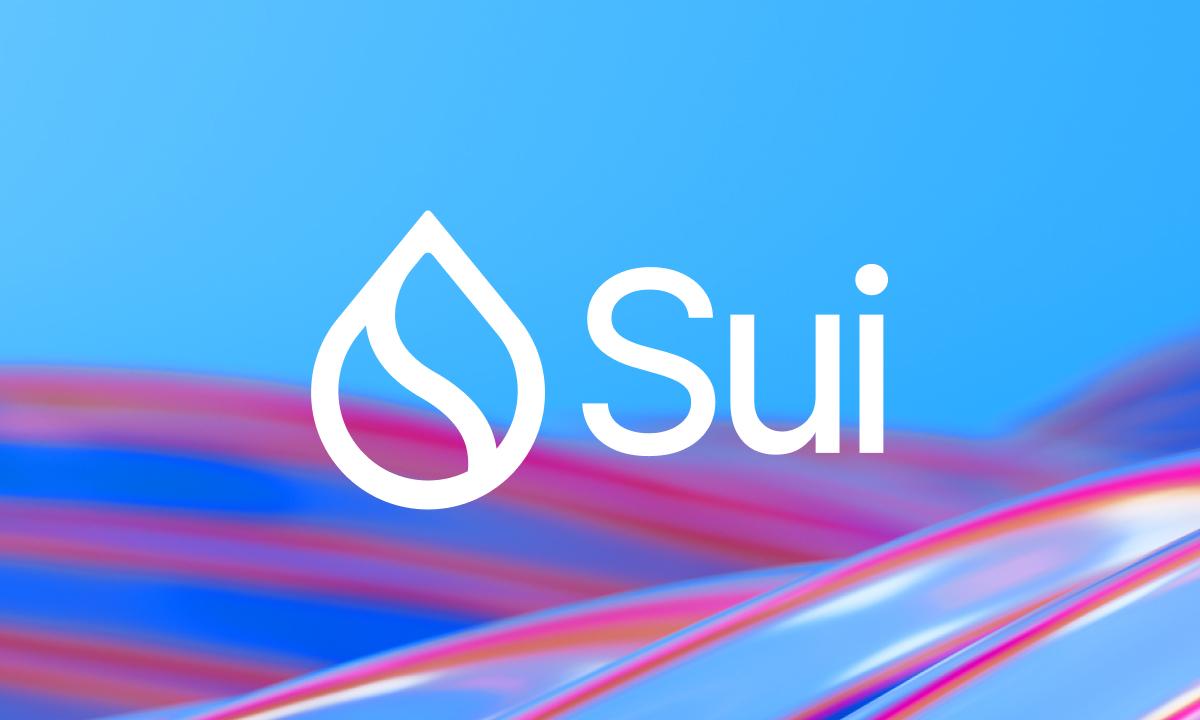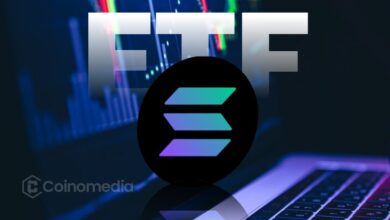Galaxy: Devcon 2024, Ethereum's "North Star"
2024 is shaping up to be a challenging year for Ethereum, as both ETH price and market sentiment are under pressure. There is debate within the community about whether its core values of decentralization, trustlessness, and anti-censorship rooted in cypherpunk ethos are waning or being abandoned.
Original Article Title: Learnings from Devcon 2024: Ethereum's North Star
Original Article Author: Christine Kim, Vice President of Research at Galaxy Digital
Original Article Translation: xiaozou, Golden Finance
What is Ethereum? Ethereum is the world's most decentralized, valuable, and mature blockchain. Although Ethereum is fundamentally a technology, this year's Ethereum developer conference Devcon focused on presenting Ethereum as an ideology, highlighting how much the principles and values underlying Ethereum protocol development have evolved over the years.
1. Ethereum's Tough Year
From the perspective of ETH's price and market sentiment, 2024 was an extremely challenging year.

Many of Ethereum's critics believe that over time, Ethereum's community has seen a decline in decentralization, trust neutrality, and anti-censorship cypherpunk values, and they may have even been completely abandoned. Even within the Ethereum community, value disagreements have sparked debates in the Pectra upgrade decision-making process and ignited intense debates on topics such as the blob fee market and issuance.
Although Devcon 7 showcased significant technical innovation and release announcements, none of them provided clear information to the community about Ethereum's long-term value and narrative. So far, the most anticipated announcement shared by Ethereum Foundation researcher Justin Drake is the launch of the Beam Chain, a radical proposal to overhaul Ethereum's current consensus protocol, the Beacon Chain.

While Drake detailed several new technical features aimed at enhancing Ethereum and L2 functionality, the proposal lacked broad community support and failed to provide a "North Star" (a forward-looking goal) that would excite stakeholders similar to the Ethereum Mainnet Merge transition's enthusiasm.
For years, the Merge has been Ethereum's North Star. It is a technical upgrade deeply rooted in environmentalism and decentralization values nearly universally acknowledged by the community. Since the Ethereum Merge, no other technical upgrade has had a similarly aligned set of values with Ethereum, leading to confusion and strife among Ethereum stakeholders regarding how Ethereum should evolve as a technology.
2. What is Ethereum?
In addition to a series of technical announcements, the ideas presented at Devcon about how to build Ethereum and how to build it in a way that fosters decentralization and a trust-minimized ethos greatly inspired Devcon attendees. While all speakers presented slightly different ideas about Ethereum, they all shared a common fundamental belief that Ethereum is meant to create a permissionless, trust-minimized transparent system to improve human welfare.
If you've ever doubted the Cypherpunk ethos that motivates innovation in Ethereum, the discussions at Devcon 7 emphasized that these values remain core to Ethereum's philosophy. When asked about the trade-offs between decentralization and performance, all four members of the "Ethereum Values and Ethos Alignment" group reiterated the importance of decentralization taking precedence over performance and scalability.

Flashbots co-founder Philip Daian discussed four attributes of "Ethereum 3.0" in his keynote speech, all of which are non-negotiable. They include: permissionlessness, distribution, geo-economic disintermediation, and a truly neutral builder. Daian called on the Ethereum community to refocus on promoting and strengthening geographic diversity and permissionless design across all verticals of the Ethereum tech stack rather than solely focusing on other goals such as driving mass adoption through improving user experience.

"The problem is, if you only focus on user experience, that's really bad. I think this is why the value of ETH would go to zero. It would destroy the decentralized system that we have carefully created and make us easily exploitable and reshape systems we tried to avoid," Daian said in his keynote speech. Gnosis co-founder Martin Koeppelmann introduced the concept of "native rollups" in his keynote speech, which are rollups built following Ethereum values such as decentralization and trust neutrality. Practically, for Koeppelmann, this means not using multi-signature to control critical rollup functions, deploying multiple rollup proving systems, and rigorously testing the rollup codebase, just like Ethereum, with "thousands of eyes reviewing every line of code."

Finally, a full day of Devcon programming was dedicated to exploring the concept of Defensive Acceleration or "d/acc." In the words of creator Vitalik Buterin, "d/acc is a concept, a set of technologies and protocols aimed at building technology that makes human agency its means and its end. Every technology we create should be oriented towards human collective freedom and well-being." Many Devcon attendees received a booklet on the d/acc concept as part of the conference swag, and additionally, on the final day of the conference, they received a booklet on the future development of the Ethereum protocol, both authored by Vitalik Buterin.

The handbook and programming of Devcon 7 emphasized a shared philosophy among Ethereum developers rather than a shared technical roadmap. The most striking "North Star" proposed at the conference, compared to any innovation, upcoming upgrade, or development team in the Ethereum ecosystem, is to build permissionless, trust-minimized, transparent systems for improving human welfare. This was a shared aspiration among the attendees.
Disclaimer: The content of this article solely reflects the author's opinion and does not represent the platform in any capacity. This article is not intended to serve as a reference for making investment decisions.
You may also like
Hyperlane Shares Airdrop Plans With 57% For Community

Cardano Unveils Veridian, Letting You Own Your Digital Identity

Sui Gets Boost as Utila Unlocks Institutional Features

Grayscale Files Updated S-1 for Spot Solana ETF
Grayscale updates its SEC filing for a spot Solana ETF, signaling growing institutional interest in SOL.Grayscale Pushes Forward With Solana ETF PlansWhy Solana?What This Means for the Market

